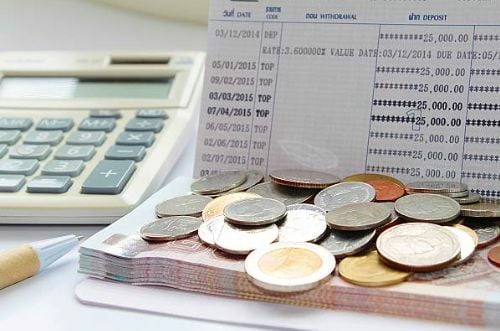Thai coalition parties propose zero-based budgeting for efficiency

The implementation of zero-based budgeting (ZBB) has been proposed by the Move Forward Party (MFP) as part of a 23-point memorandum of understanding signed by eight political parties seeking to form a new coalition government. The MFP argues that the current budgeting system fails to address the public’s needs due to bureaucratic hurdles.
ZBB requires state officials to justify expenses for a new period, rather than relying on the previous year’s budget and adjusting it as necessary. The goal is to increase budget efficiency by starting from a “zero base” and analysing every function within an organisation based on its needs and costs. This approach ensures that budget allocations are appropriate and responsive to urgent needs and challenges each year.
An anonymous government expenditure official revealed that the Budget Bureau has already applied the ZBB concept when preparing budgets, particularly for new investment budgets not tied to existing projects. According to the Annual Budget Expenditure Act, government agencies requesting project funding must answer questions about the project’s purpose, beneficiaries, and expected outcomes.
ZBB offers several advantages over traditional budgeting, such as lower costs, budget flexibility, and alignment with national strategy and the country’s needs. However, it also presents challenges, as the process is more time-consuming and may result in budget spending delays. The earliest projected implementation of the ZBB process is fiscal 2025 or 2026, reports Bangkok Post.
The Budget Bureau has discontinued traditional or incremental budgeting, which is considered inefficient, in favour of a performance-oriented budget system that focuses on output, outcome, and alignment with national strategies. In the ZBB process, each government agency must justify its proposed project budget in terms of cost efficiency and effectiveness.
If ZBB is used for public welfare, eligibility criteria may need to be redefined, and the system’s detail-oriented nature requires accurate information to support its implementation. It may be challenging to reduce current expenditures, particularly compensation for civil servants, due to the specific number of government officials in the Office of the Civil Service Commission.
The MFP’s policy proposals to the Office of the Election Commission would use a total budget of 1.28 trillion baht, with pension payments for the elderly accounting for the largest portion, approximately 500 billion baht per year. The MFP suggests that funding would come from a new form of tax collection and tax reform, increasing the government’s income by 650 billion baht per year.
Latest Thailand News
Follow The Thaiger on Google News:


























